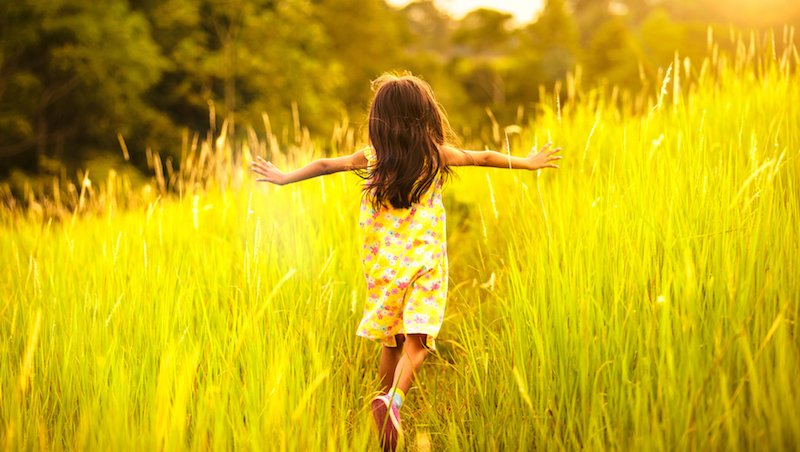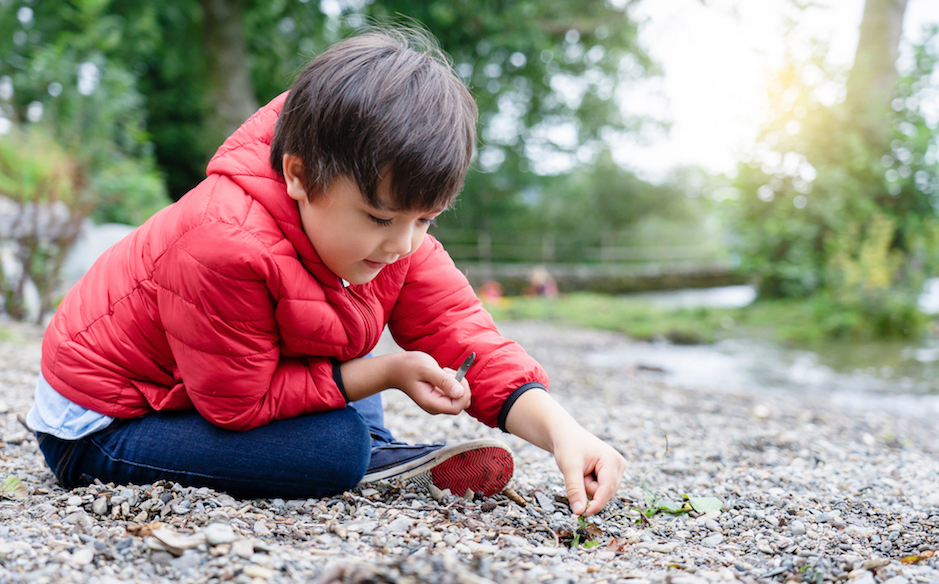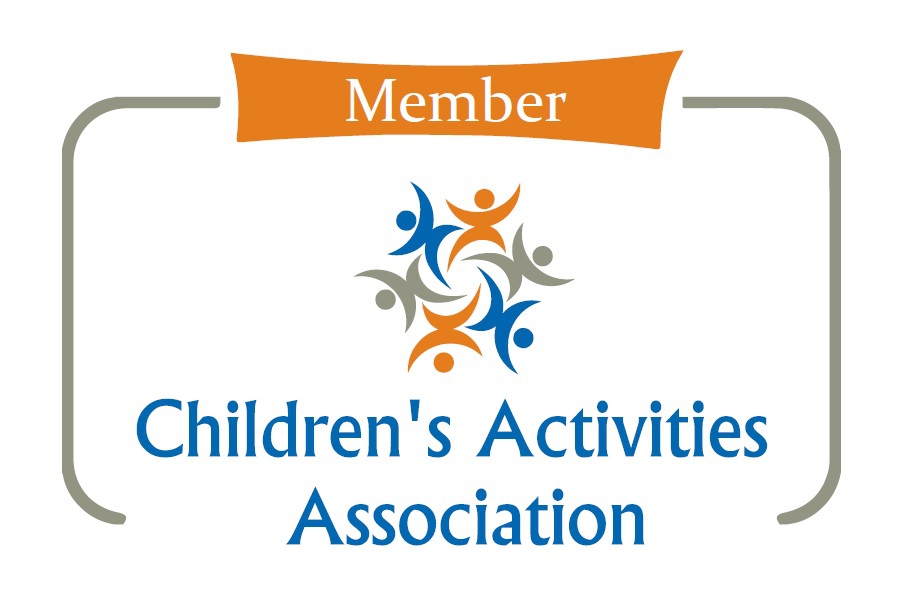This week, we have an expert blog from the inspirational Becky Johnston of Flo and Fawn, who encourage families to get outside and enjoy the wonders of nature! And what better time, with summer just around the corner? We hope you enjoy Becky's blog as much as we did!
"Over the past year, many of us have gained a newfound appreciation for nature and time spent in the natural world. Nature became our family’s playgrounds. We discovered rope swings, dens and climbing trees on a near-daily basis, and our children became accustomed once more to moving and walking the longer distances our bodies were designed to do. We discovered new places right on our doorsteps, identified new types of plants and saw wildlife we had never seen in real life.
As life begins to return to some normality, these forays into the natural world remain just as important. Here at Flo and Fawn we are passionate about helping families maintain and expand their connections with nature."
The benefits of spending time in nature
As a forest school leader as well as a teacher, I have seen first hand how much benefit there is to be had from children spending regular time outside in nature:
- Time spent outside in a natural environment allows children’s attention and focus to reset. Playing in green spaces has been shown to improve working memory, vital for learning new information and understanding complex instructions. Increased time outside can, therefore, directly increase concentration and readiness to learn once back in the classroom environment.
- When playing outdoors, children learn to cooperate and work with others, learning to trust one another, for instance, when carrying long branches or building dens together, and to maintain each other’s safety. This encourages friendships and communication, which in turn help develop emotional intelligence allowing children to become more self-aware, resilient and empathetic towards others.
- We all know that staying fit and healthy is more important now than ever. With rising childhood obesity levels and children spending ever-increasing amounts of time in sedentary online worlds, time spent playing in nature provides a clear antidote.
- Physical development and wellbeing are encouraged by physical activity, be that walking with friends and family, running around to play games, lifting and carrying heavy objects to build structures or climbing trees. Fostering a love of being outdoors can then encourage participation in further physical activities from team sports to conservation volunteering.
- Perhaps the most important benefit of time spent playing outside is that it gives children the freedom to explore and be creative. Outdoors you will often find children become engaged in self-directed, purposeful activities. You may be amazed to see them demonstrate much greater perseverance than they would in a typical classroom task. When children achieve a goal that they have set themselves, they gain a far greater sense of satisfaction and boost to their confidence and self-esteem.
So how can you help your family to keep that connection with nature as life returns to normal?

Top tips for increasing your family’s nature connection
1. My all-time top tip for spending enjoyable family time in the wild is to bring lots of snacks and drinks. You may feel a bit like a packhorse as you set off, but it is the thing that can make or break a successful day outdoors.
2. Wear comfortable clothing that can withstand a bit of rough play. We find that lots of thin layers that can be added or removed as necessary are best. Always check the weather reports before you go and, given the changeable British climate, bring plenty of other options such as hats, raincoats and spare socks.
3. When trying to increase your time spent in nature, as with any new routine, it has to be sustainable for your family. When my children were younger, they usually woke very early so we would often take a packed breakfast and go and play in the woods before school, or take the dog for walks where we could see the sun rising from the horizon. If you find yourself in this stage you could consider something as simple as leaving for school earlier, either walking a longer route or simply taking the time to stop and notice the birds, trees and flowers you encounter on the way. Now my children are older and sleep later we tend to go out after school or even later in the evening. We all tend to be nicer people once we have full tummies from dinner and you will be amazed at the wildlife you can see at dusk within minutes of the village centre.
4. If like me you have children who are both far more technologically advanced than you and somewhat reluctant to leave their tech, don’t be afraid to bring some of it with you. There are fantastic nature apps to help identify everything from trees to butterflies to star constellations, as well as apps for downloading ordnance survey maps for a bit of orienteering practice. We also love geocaching, where you use an app to help locate hidden treasure. Another tech favourite in our house is digital photography. This no longer has to involve expensive cameras as most phone cameras are excellent quality nowadays. We have used phone cameras to take landscape pictures, wildlife pictures and even added clip-on macro lenses, which you can buy for around £10, to take amazing close-ups of minibeasts.
5. Allow your children to lead the way in activities. Outdoor play is the perfect time to let children's imaginations run free, to follow their own curiosities and hypotheses and to explore their own physical limits. You may want to plan an initial game or activity to start the play or keep a good activity up your sleeve for if you all need a bit of inspiration. This doesn’t have to be anything complicated – we love games such as ‘3 before me’ where children have to race to find for example 3 bumpy things or 3 green things before coming back to tag you or even just a simple scavenger hunt such as find 5 different coloured leaves or find the longest stick.
Looking for more inspiration?
Head to Flo and Fawn where you can discover their fabulous WildSTEM boxes - WildSTEM boxes will inspire your children to learn about the natural world and experience it in new ways, learning key STEM skills (Science, Technology, Engineering and Math) through imaginative and engaging activities. WildSTEM boxes provide a month of seasonal nature-based challenges from acorn catapults to wildflower cakes, which can be recorded in their handmade Nature Journal. All designed by qualified teachers and tested by real children!







